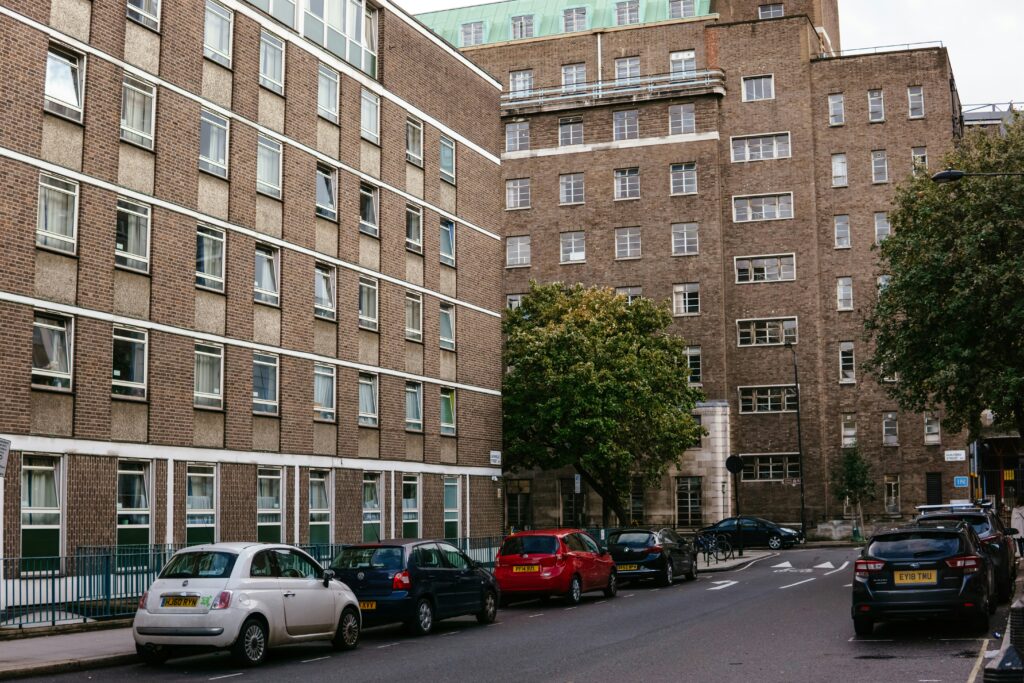Last year, the Labour Party commissioned Stephen Cowan to review the private rented sector and recommend a framework for improving renters’ rights and raise standards. On Wednesday (15 May), this crucial independent report was published.
The report sets out a vision for changes to the private rented sector, going beyond what is currently proposed in the Renters (Reform) Bill, and seeking to take a more holistic approach to addressing issues across the PRS. We met with Mr Cowan as he was preparing the report and shared a range of evidence from our funded partners. We’re pleased to see our insights and recommendations referenced throughout, as well as references to our funded projects, including our Affordable Housing Commission work, research completed by Julie Rugg, and the Renters Reform Coalition.
The report’s recommendations
The key recommendations include:
1. Landlords should have to prove their property is in a fit state to rent.
The report recommends that before they can rent out a property, landlords should have to register on a National Landlord Register and provide independently verified evidence of compliance with property and management standards, and regularly submit surveyors’ reports to demonstrate compliance. This would be backed by regular inspections from a separate inspecting body with the power to fine landlords, and a duty on local authorities to inspect landlords over a set period of years (in a similar way to HMRC inspecting VAT records).
These sorts of changes would be really significant. Tenants who may not know their rights or how to get help often can’t get repairs done, and under-resourced local authorities aren’t able to properly enforce the regulations (as discussed in a blog post of ours). Measures like the report suggests would shift the burden away from tenants and local authorities and onto landlords to prove they comply.
2. Landlord shouldn’t be able to evict renters if they want to sell the property or move in
For years, we’ve been making the case that Section 21 no-fault evictions need to end. The report endorses this, but also goes further by recommending that Section 21 shouldn’t be replaced by any new grounds for eviction (like a landlord moving into the property or wanting to sell it) that could be abused to carry out ‘back door’ no fault evictions.
This would be a big step that could radically shift how we view the private rented sector. We’ve always said that, if the sale or moving-in grounds were to remain in place, there should at least be safeguards against abuse, such as a prohibition on re-letting for one year (currently three months) and strict evidential requirements for landlords who use them.
3. Limit rent rises during tenancies to the lowest of local wage growth or CPI (consumer price index).
The report does not recommend wholesale rent controls, and indeed says that they don’t work. What it does recommend is that during a tenancy, tenants should be given certainty about the levels of their rent so that rents won’t be able to spiral in the way they currently are in the PRS.
This could go some way to improving affordability in the PRS. Our forthcoming research into similar rent limits that have been in place in Scotland is coming soon, which will provide key findings and recommendations on rent limits (see here for findings and recommendations from previous waves of the research).
4. Problems in the PRS can only be addressed by fixing the housing market as a whole.
We really support this approach, as it ties directly to our work on the Homes for All project, which calls for a joined-up and long-term approach to solving the housing crisis.
5. A Renters Charter and Landlords Code of Conduct should be introduced to set out the rights and responsibilities of both groups.
This would be a good way to support renters to know their rights and to reset the relationship between renters and landlords.
What next?
The review is independent and will not necessarily become Labour party policy. So far, the national Labour party have not commented on whether they will adopt its recommendations. We were pleased to attend the report’s launch event, hosted by the Labour Housing Group, on the day it was released. Attendees included organisations representing renters and landlords, as well as MPs, journalists, think tanks, and councillors, who were all excited about the proposals. Overall, the message the speakers sought to impart was that while the ideas in the report would, if implemented, be transformative for renters and the well-being of the population, they’re far from radical; many of them exist as policy elsewhere in Europe – or used to in the UK.
If the current government does manage to deliver the Renters (Reform) Bill, the job of fixing the PRS will not be over; any future government will need to look again at how to address the ongoing systemic problems that exist, and this report sets out some strong recommendations as next steps.
by Joshua Davies, programme manager for Transforming the Private Rented Sector

